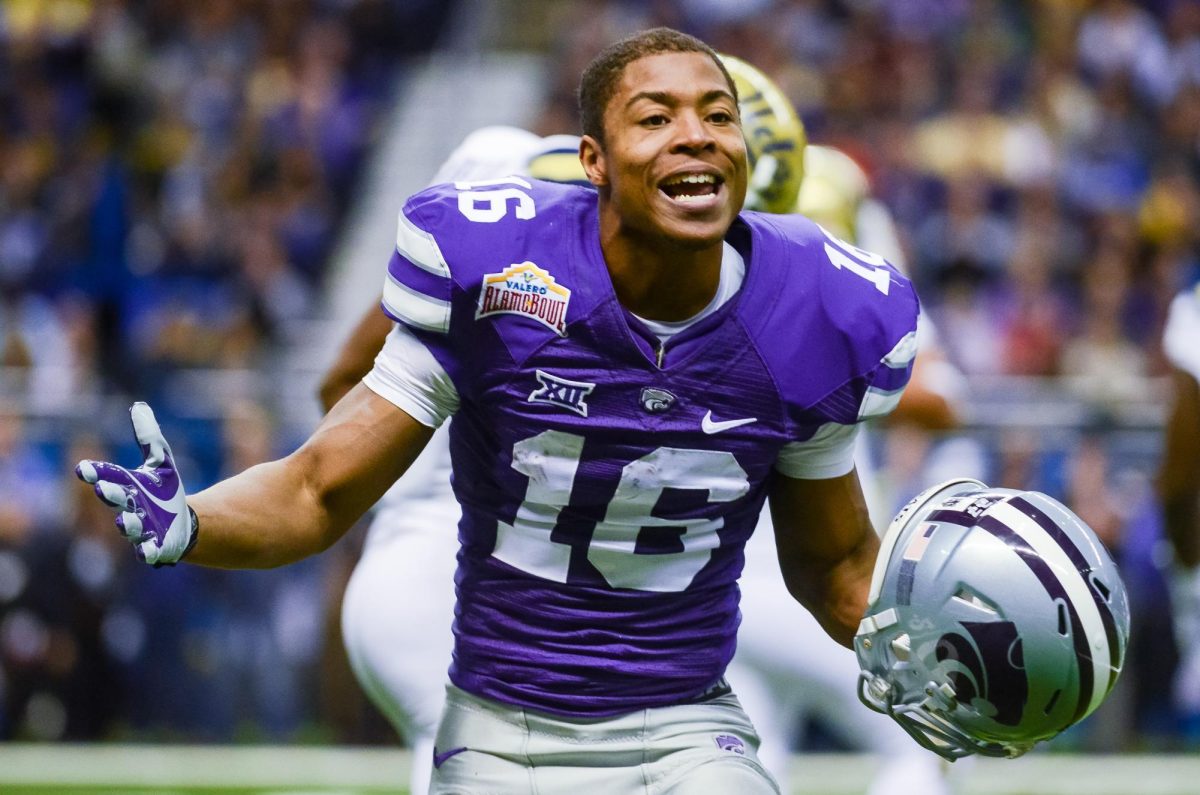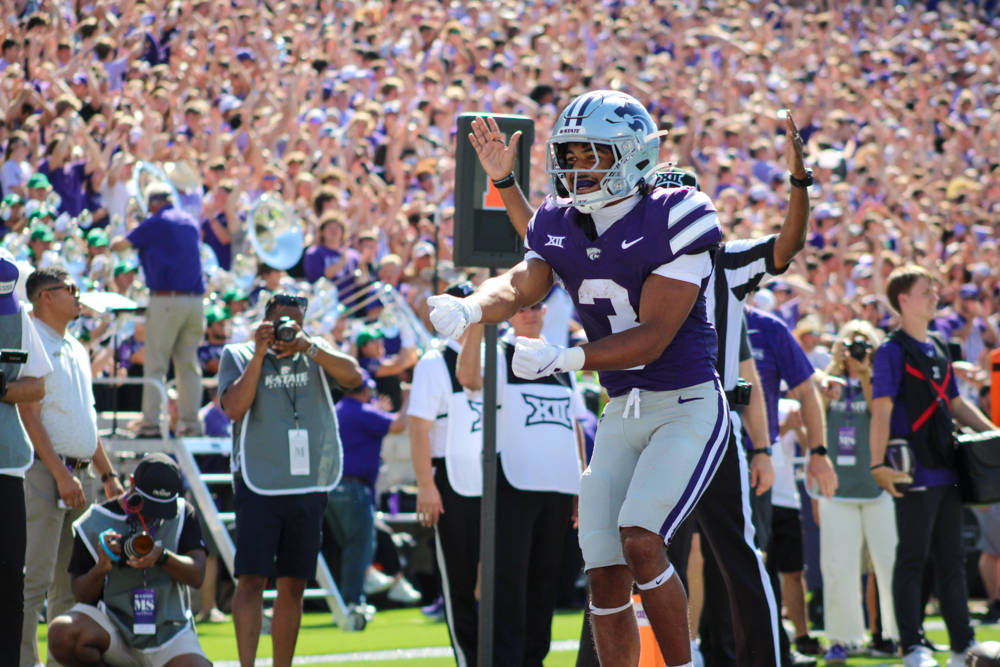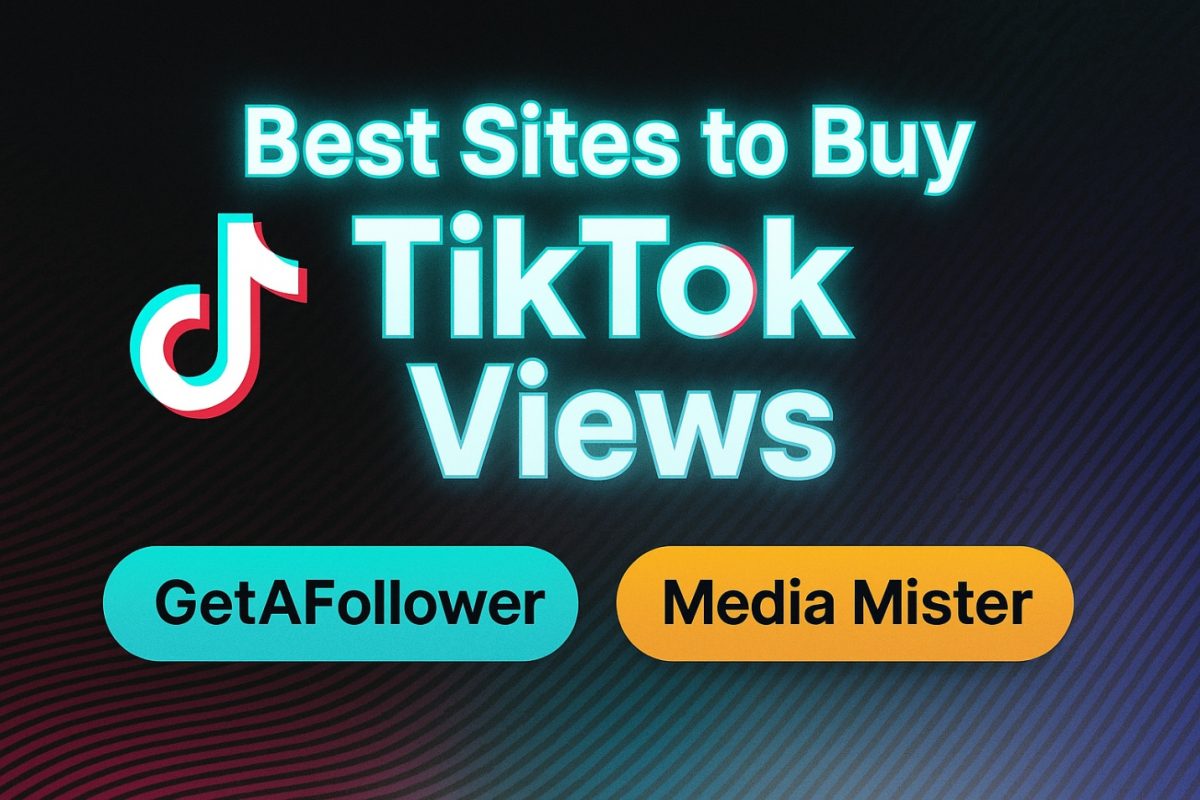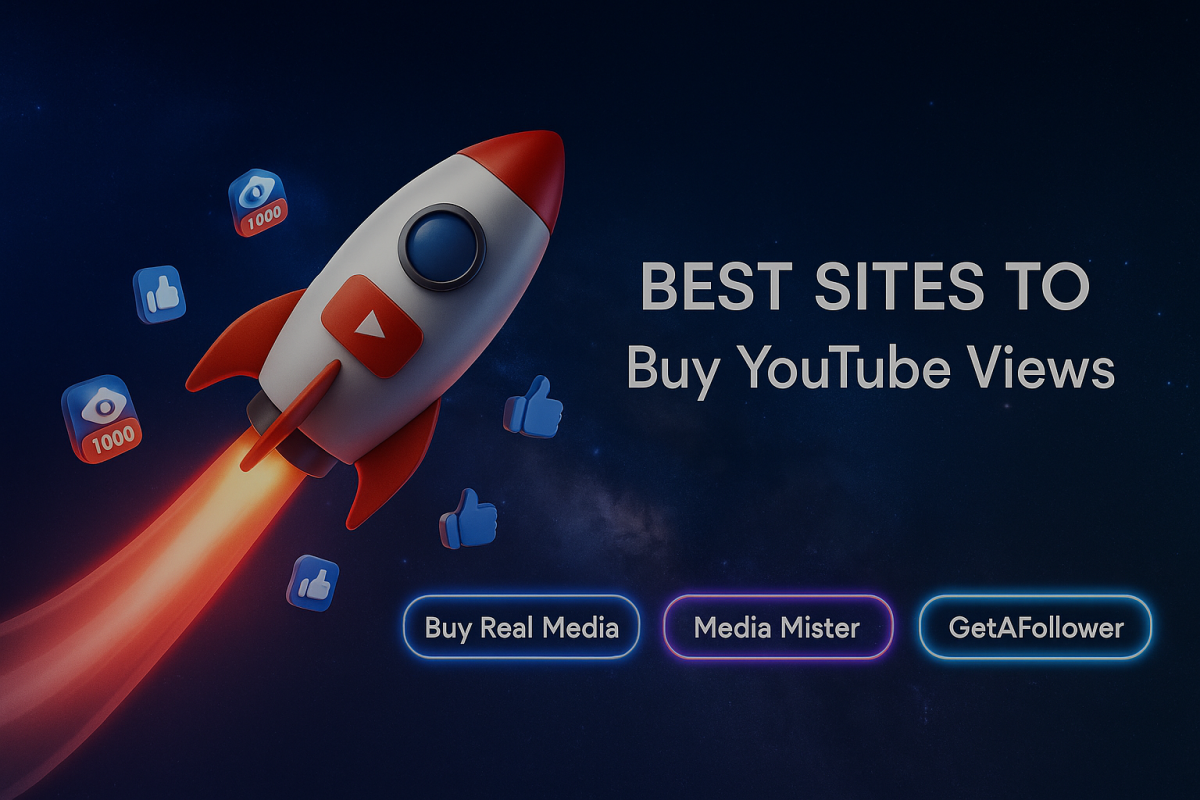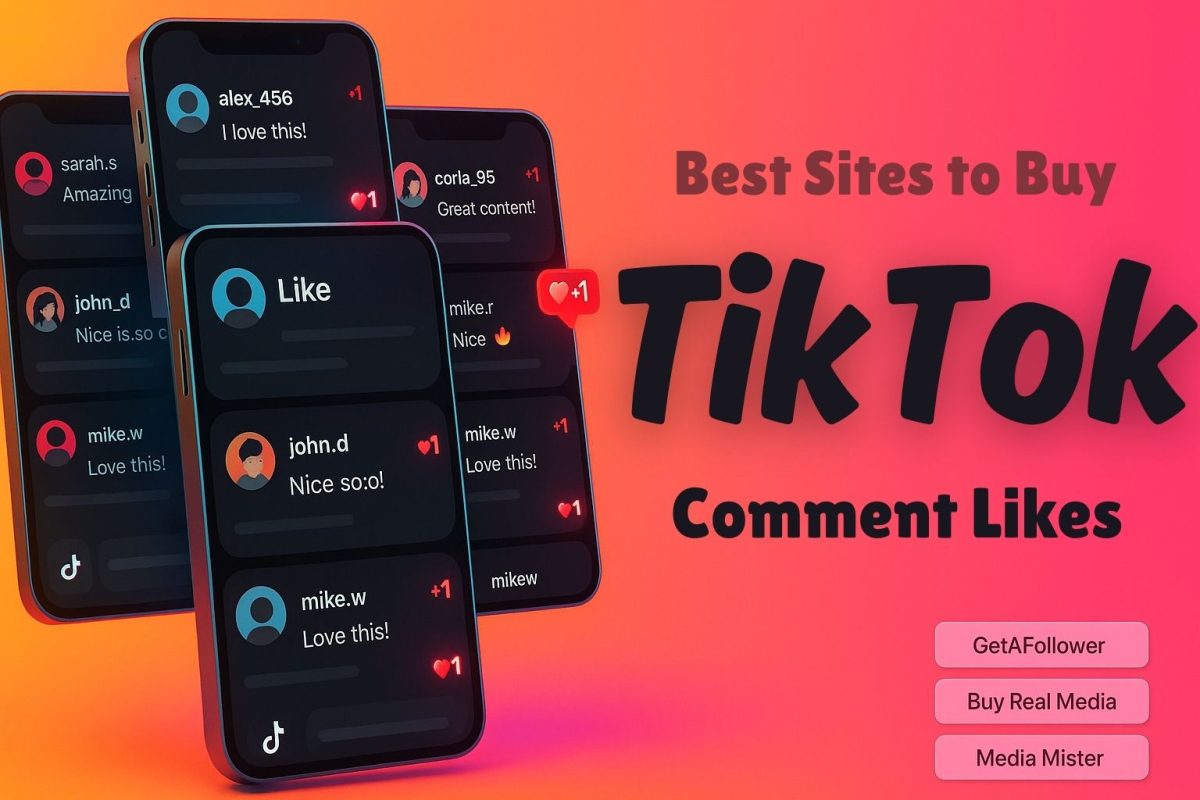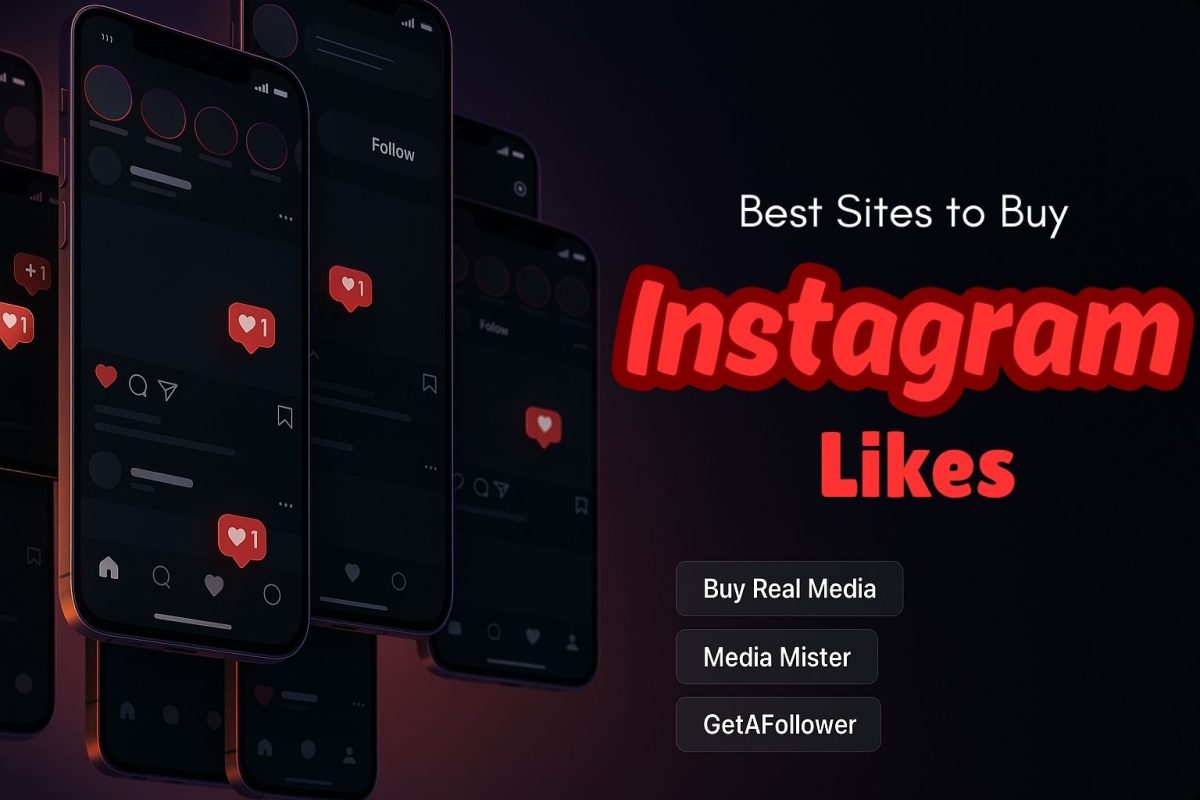Image source https://unsplash.com/photos/gray-sony-ps-4-controller-uL2GG5sODuM
Blockchain technology, once primarily associated with cryptocurrencies like Ethereum, has steadily grown to touch numerous sectors, with the gaming industry being a standout beneficiary. The decentralized, secure, and transparent nature of blockchain has opened new doors in gaming, reshaping how developers, players, and investors engage with games. In this blog, we look beyond the Ethereum price prediction and explore the profound impact blockchain has on gaming, covering everything from player ownership and decentralized economies to the rise of play-to-earn models and the future potential of this innovative technology.
True Ownership and Digital Assets
One of the most significant contributions blockchain has made to gaming is the introduction of true ownership. Traditionally, gamers spend money on in-game assets such as skins, characters, or weapons, but these assets are locked within the game, owned and controlled entirely by the developer. If the game shuts down, players lose access to all these items. However, with blockchain, these digital assets are tokenized as NFTs (Non-Fungible Tokens), allowing players to truly own them.
NFTs represent unique digital assets that reside on the blockchain, meaning they can be transferred, sold, or traded outside the game environment. For instance, a rare in-game item could be sold to another player on an external marketplace, allowing players to monetize their gaming achievements. This ownership model has shifted the balance of power in gaming, empowering players and opening up new economic opportunities.
Play-to-Earn (P2E) Revolution
Play-to-Earn (P2E) games have become one of the most exciting innovations in the blockchain gaming space. Unlike traditional games where players pay to play or invest in in-game items without any return on investment, P2E games enable players to earn real-world value from their time spent in the game. Players can earn cryptocurrency or valuable in-game assets, which can be traded, sold, or held for future value.
One of the pioneers of the P2E model is Axie Infinity, a blockchain-based game where players collect and breed creatures called Axies, which they use in battles against other players. Players can earn SLP (Smooth Love Potion) tokens, which have real-world value. The game has created an entire economy, where some players, particularly in developing countries, have even made a living from playing Axie Infinity.
This model not only incentivizes engagement but also lowers the financial barriers for entry into gaming. Blockchain allows players to directly participate in the game’s economy and potentially profit from their time and skill investment, unlike in traditional games where only the developers reaped financial benefits.
Decentralized Gaming Economies
Blockchain enables decentralized in-game economies, where players, developers, and third parties can all participate in the creation and growth of value. In traditional games, the game developer controls every aspect of the in-game economy, from the creation of items to their scarcity and pricing. Blockchain, however, decentralizes this control by allowing players to mint, buy, and sell items in an open marketplace.
In games that operate on a blockchain, such as Decentraland or The Sandbox, players can buy virtual land, create experiences, or sell in-game items and experiences to other players. The value of these items is determined by the market, not the developer, creating a dynamic and player-driven economy.
Furthermore, smart contracts can automate certain aspects of the economy, ensuring fair transactions without the need for intermediaries. This has introduced a new level of trust and transparency in gaming, as blockchain’s immutable ledger ensures that ownership and transaction records are verifiable and secure.
Interoperability and Cross-Game Assets
Blockchain allows for an unprecedented level of interoperability between games. Traditionally, assets like characters, weapons, or skins are confined to the game in which they were earned or purchased. Blockchain games, however, can enable players to use the same asset across multiple games, opening up exciting new possibilities for cross-game play and collaboration.
For example, a player who owns a sword NFT in one game could potentially use that same sword in another game that is built on the same blockchain. This not only enhances the player experience but also increases the utility and value of in-game assets.
Additionally, interoperability encourages collaboration between different game developers and ecosystems. Players are no longer confined to a single game or platform, and their investment in digital assets is not tied to one developer’s ecosystem. This allows for greater flexibility and creativity in both game design and player engagement.
Transparency and Fairness in Gaming
One of the most pervasive issues in gaming is the lack of transparency and fairness in in-game transactions, loot boxes, or algorithm-driven outcomes. Players often have no way of verifying whether a game’s random number generator (RNG) is truly random or if the loot boxes they purchase provide fair chances of obtaining rare items.
Blockchain introduces a new level of transparency in gaming by using immutable, public ledgers that allow players to verify every transaction and game mechanic. Smart contracts can also be used to enforce fairness, as they are autonomous and execute only under predefined conditions, eliminating any potential for tampering or bias.
For example, a game could store RNG outcomes on a blockchain, allowing players to verify that the chances of obtaining a rare item were genuine as advertised. This could build greater trust between developers and players, fostering a more positive gaming environment.
Token-Based Crowdfunding and Game Development
Blockchain has also revolutionized game development through token-based crowdfunding. Traditionally, game developers either relied on traditional investors or platforms like Kickstarter to raise funds, often requiring them to give up significant control over their projects. Blockchain, however, allows developers to issue their own tokens, which can be bought by players and investors who believe in the game’s potential.
These tokens can offer players various benefits, such as early access, exclusive content, or voting rights on certain development decisions, fostering a stronger connection between developers and their communities. Moreover, token holders can benefit from the game’s success, as the value of the token can increase if the game becomes popular.
An example of this is Star Atlas, a blockchain-based space exploration game that used its native token, ATLAS, to raise funds and build a community. Players who invested early are now part of the game’s evolving ecosystem and have a vested interest in its success.
Challenges and Future Potential
While blockchain has brought immense innovation to the gaming industry, there are still challenges that need to be addressed. One of the primary concerns is scalability. Blockchain networks, especially those like Ethereum, can suffer from high transaction fees (gas fees) and slow processing times during periods of high demand. This can make it costly or inconvenient for players to interact with in-game assets or make transactions.
However, new developments such as Layer 2 scaling solutions and alternative blockchains like Solana and Polygon are helping to alleviate these issues by offering faster and cheaper transactions. Additionally, the environmental concerns associated with blockchain, particularly energy-intensive proof-of-work consensus mechanisms, are being addressed by the transition to more sustainable models like proof-of-stake.
The future potential of blockchain in gaming is immense. As more developers experiment with decentralized game economies and as blockchain technology becomes more scalable, we can expect to see increasingly sophisticated games that fully leverage the power of blockchain. The merging of virtual reality (VR), augmented reality (AR), and blockchain could create immersive digital worlds where players can earn, own, and trade assets in entirely new ways.




































